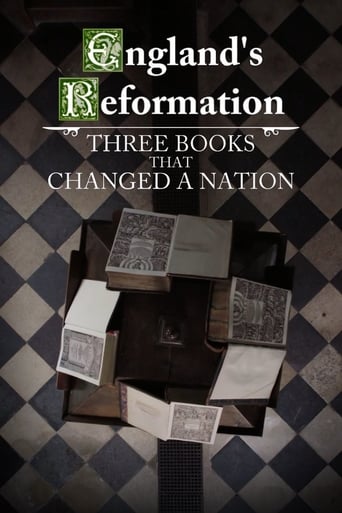
19 Oct 2017

England's Reformation: Three Books That Changed a Nation
To mark the 500th anniversary of the Reformation, Janina Ramirez tells the story of three books that defined this radical religious revolution in England.
A report by Michael Cockerell
Michael Cockerell sheds new light on the tragi-comedy of the 1970s by focusing on some of its most controversial characters. With fresh filming and new interviews, along with a treasure trove of rare archive, the film presents the inside story of giant personalities who make today's public figures look sadly dull in comparison. The well-known journalist revisits some of his films on the big characters who helped shaped the 1970s in Britain. Both tragic and comic, it highlights just how much our world has changed in four decades.
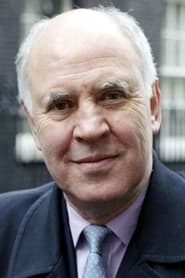
Self - Presenter

19 Oct 2017

To mark the 500th anniversary of the Reformation, Janina Ramirez tells the story of three books that defined this radical religious revolution in England.
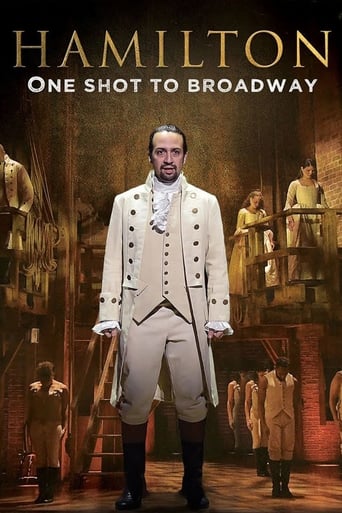
09 May 2017

It’s the hit musical that changed Broadway forever and brought the genius of Lin Manuel Miranda to the attention of legions of fans across the world. A story of how a group of mavericks made an unlikely marriage of hip-hop and history to create the biggest show in America…and are getting ready to conquer the world. Featuring interviews with Miranda, as well as the cast and crew of Hamilton.
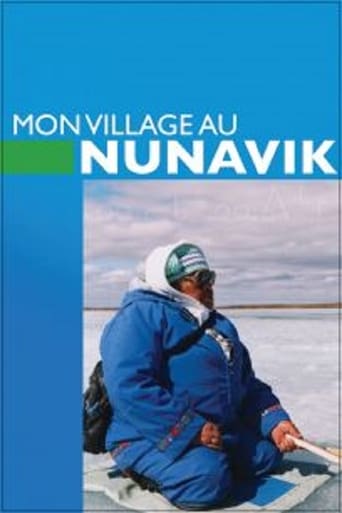
01 Jan 1999

Shot during three seasons, Kenuajuak's documentary tenderly portrays village life and the elements that forge the character of his people: their history, the great open spaces and their unflagging humour. Though Kenuajuak appreciates the amenities of southern civilization that have made their way north, he remains attached to the traditional way of life and the land: its vast tundra, the sea teeming with Arctic char, the sky full of Canada geese. My Village in Nunavik is an unsentimental film by a young Inuk who is open to the outside world but clearly loves his village. With subtitles.
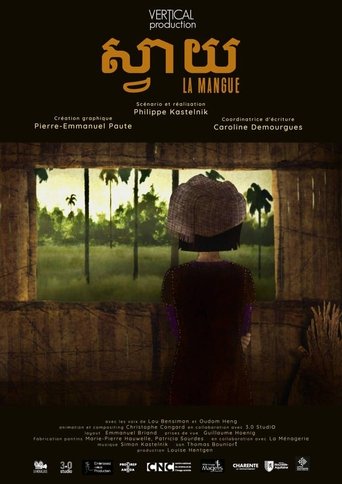
11 Jul 2022

A village in Cambodia. Bopha raises her son Sokhem alone. One night, guided by a strange voice, he sets off in pursuit of a magic mango. Bopha follows him and reaches the border between the world of the living and the dead. Memories of war and oppression resurface. Bopha then reveals his heavy secret.
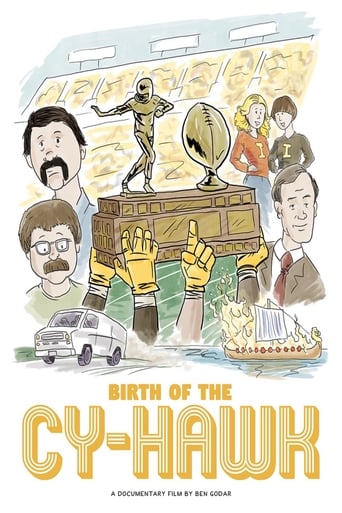
24 Apr 2019

A Local Iowa documentary about the history of trophy to the Cy-Hawk games.

13 Oct 2017

Kyra Gardner's loving tribute to growing up in the world of the psycho killer doll, Chucky.
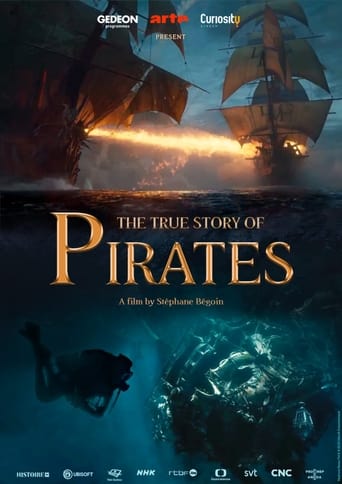
31 Dec 2022

Thanks to new excavations in Mauritius and Madagascar, as well as archival and museum research in France, Spain, England and Canada, a group of international scholars paint a new portrait of the world of piracy in the Indian Ocean.
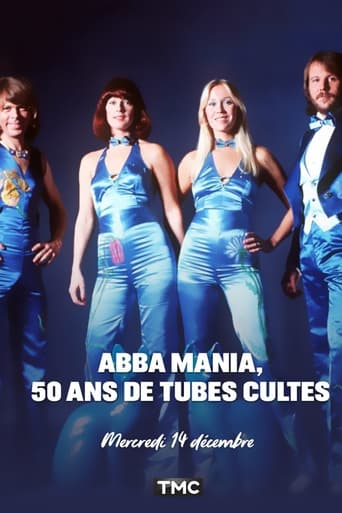
14 Dec 2022

World reference of the disco with 400 million albums sold, unforgettable titles like Waterloo, Mamma Mia ! or Dancing Queen, ABBA is a real planetary success. For 50 years, the world has been dancing to the rhythm of this mythical group. One year after the release of their new album, Agnetha, Björn, Benny and Anni-Frid meet again in a documentary that retraces the recipe of their incredible longevity. Between musicals, movies and concerts with their holograms, ABBA reveals the secret of their eternity.
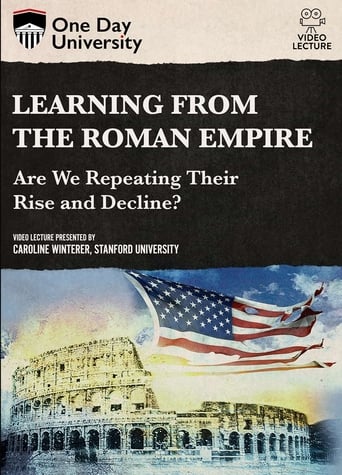
03 Aug 2021

The rise and fall of ancient Rome is one of the greatest stories in the history of the world. From a group of settlements huddled along the Tiber in Italy, Rome rose to conquer much of the Mediterranean world and Europe. Produced by One Day University
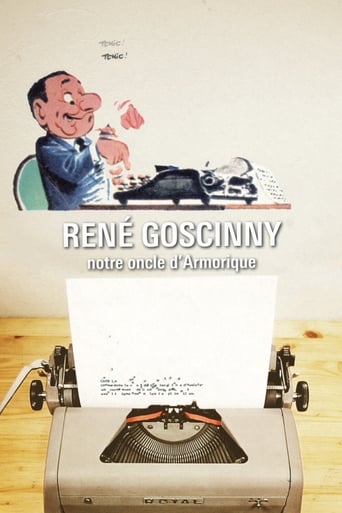
08 Oct 2017

The career of French comic author René Goscinny was a living blend of cultures and an expression of the great importance this artist attached to the production and dissemination of sophisticated popular culture. Goscinny left behind an extremely extensive body of work: "Asterix", "Lucky Luke", "Isnogud", "Little Nick" and many more.
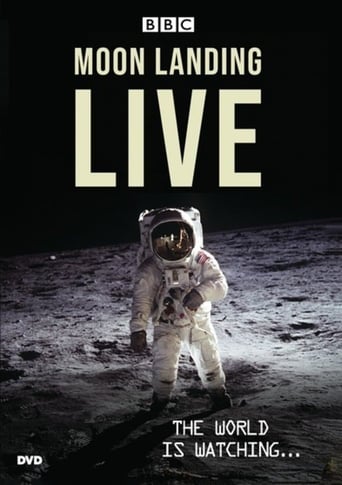
20 Jul 2019

July 1969. America made history and sent the first humans to the moon. High-quality NASA footage and extensive news broadcasts bring this sensational moment in history bursting back into life. Live news footage from every corner of the globe recreates the excitement and elation that surrounded the event, as 600 million people tuned in to watch Neil Armstrong's remarkable first steps.

13 Apr 2010

This World War II documentary rests on an unusual thesis: it argues that, in the wake of Pearl Harbor, the actions precipitated by the U.S.A.F. that truly helped turn the tide were perpetrated not by the widely-ballyhooed U.S.N. aviators or aircraft carriers, but by the American submarines - silent warriors beneath the deceptively placid ocean surface. The subs, after all, were responsible for gravely wounding Japan's industry, all but destroying the Japanese merchant fleet, and therefore preventing reinforcement of Japanese military garrisons. In relaying this story, the program draws on a series of interviews with military veterans, and endless archival footage of naval battles that chronologically tells the gripping story of the Pacific Front of the war.

08 May 2006

Sixty-years after setting sail on the PT 658, a group of World War II veterans reminisce about their extraordinary experiences on the boat while attempting to restore it to it's original condition in a documentary that has a little something for war buffs and amateur historians alike.
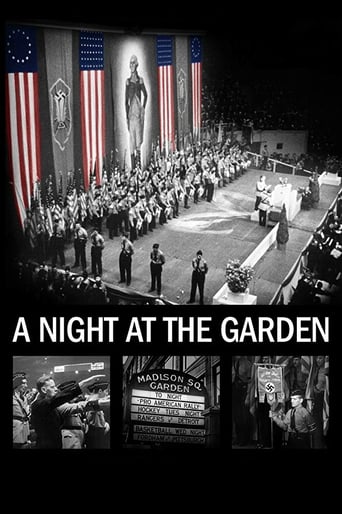
24 Sep 2017

Archival footage of an American Nazi rally that attracted 20,000 people at Madison Square Garden in 1939, shortly before the beginning of World War II.
01 Jan 1947
A Documentary on the railways and their role in supporting the United States

31 Dec 1979

A rare 1979 BBC Arena documentary on the Albion Band, Ashley Hutchings and the development of English folk rock up to that time.
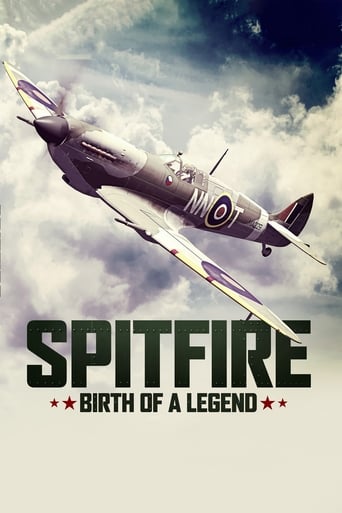
01 Jan 2006

‘Spitfire— Birth of a Legend‘ tells the story of the Spitfire from a radical design on the drawing board to the fighter aircraft that became the symbol of Britain’s determination to fight on to victory. It celebrates the history of this acclaimed aircraft, the men who designed and built it, and those who flew and fought in it. The story, along with dramatic archive and colour film of aerial combat, graphically illustrates the appeal and fascination the Spitfire has maintained since it faced and fought the fighter and bomber formations of the Luftwaffe.
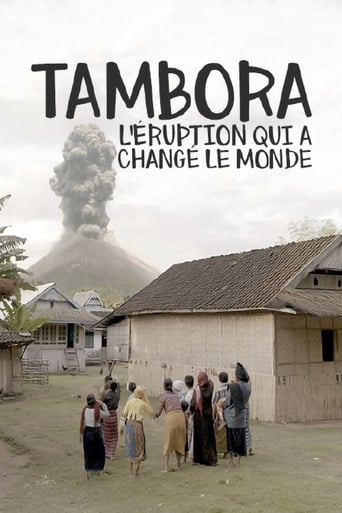
23 Sep 2017

Unlike what people may think, Krakatoa was not the biggest volcanic eruption in history. More than two hundred years ago, on April 10th 1815, Mount Tambora in Eastern Indonesia became a merciless killer. It unleashed the most deadly volcanic eruption in human memory, wiping out at least 117,000 people. And an entire civilization and its language disappeared. But the killing didn’t stop there. It has now been proven that this eruption could have triggered an extraordinary and little known cataclysmic event: worldwide climate change.

05 Apr 2017

Did Leonardo da Vinci come up with all of his ideas and inventions by himself or did he also borrow some of them from ancient scientists including those who lived 1,700 years before him.
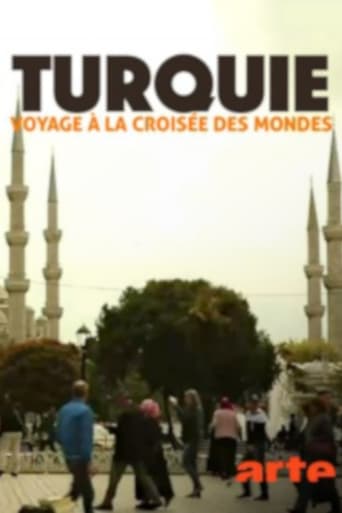
13 Oct 2016

For two thousand years, caravans traveled from Xian in China along the Silk Road to Istanbul, a hub of world trade at the time. Julien Berjeaut begins his journey through Turkey on the banks of the Bosphorus. Istanbul, once called Byzantium and then Constantinople, is still a bubbling center of international trade in the 21st century: In the Grand Bazaar, with its thousands of stores, this half-mythical, half-historical past is brought back to life for customers and traders alike.